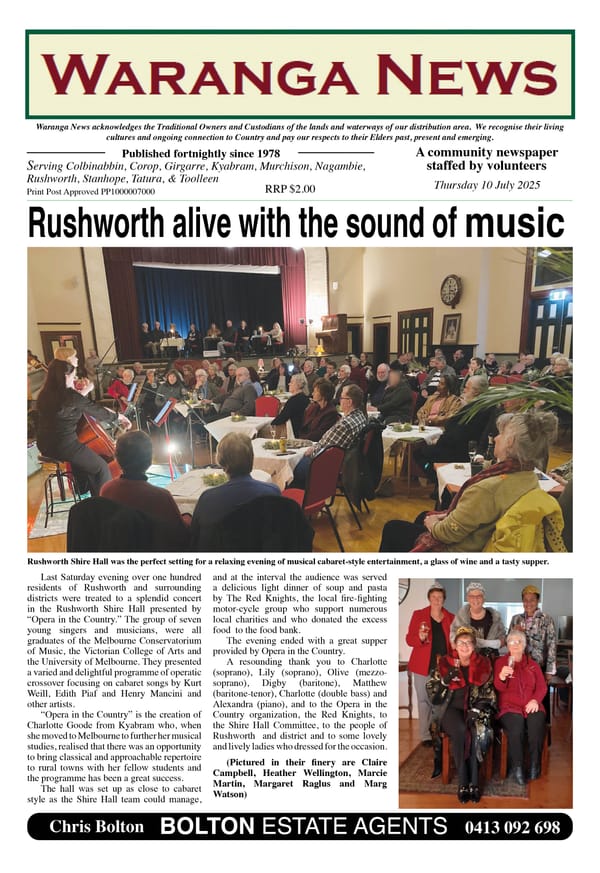13. Political action on the goldfields

In the lead-up to the dramatic events that took place at Eureka Stockade in 1854, there was considerable political agitation on the goldfields. For all miners, the oppressive miner’s licence fee and the aggressive way in which the fees were collected were lightning rods for dissent. Meetings occurred across the goldfields at many places including Bendigo, Castlemaine and the Waranga goldfields. It is likely that Chinese miners participated in these demonstrations locally.
However, the Chinese miners had much more to be unhappy about than the mining population in general. Apart from the hated licence fee, they were subjected to other taxes and restrictions. In a move to limit the number of Chinese coming to the goldfields, the colonial government introduced An Act to Make Provision for Certain Immigrants (i.e. Chinese) in 1855. The Act imposed a one-off poll tax of 10 pounds on every Chinese arrival, as well as limiting the number of Chinese passengers to just one for every ton of cargo.
It also imposed an annual one pound ($2) fee for a “Chinese protection ticket”. This fee was supposed to provide funding for wardens to be employed by the government to look after the interests of the Chinese. A more cynical view is that it provided a way of controlling the Chinese population. The wardens, who worked with headmen in each camp through interpreters, were also there as tax collectors.
PROTESTS
Initially, protests came in the form of meetings and petitions by the Chinese miners and their supporters, who included well-respected Chinese businessmen in Melbourne. There was a big rally in Bendigo (not Whroo, as reported in one local history publication) of around 1000 Chinese people in October 1859.1 It is possible that there were rallies held simultaneously on the Waranga goldfields, but they would have been much smaller. At the time, a rough census of the Chinese population at Rushworth and Whroo put the numbers at around 300 people. There do not seem to have been any local rallies mentioned in the district papers.
The protests followed a fairly standard format, in which a number of speeches were made by the leaders at public meetings. In some cases, these were followed up with petitions written to the powers that be, requesting changes to the legislation. Various institutions such as the Public Records Office of Victoria (PROV) hold copies of these heartfelt submissions to government. Basically, the Chinese were arguing for the right to be treated the same as everyone else who was on the goldfields at the time.
Whether the meetings and petitions did any good is a moot point. In November 1857, the Victorian government passed a further Act which did not improve the lot of the Chinese, adding that they would not have access to legal proceedings to recover property.2 Some commentators feel that tax evasion was more effective that petitions. However, the petitions may have played a useful role in challenging stereotypes of the Chinese and identifying their diverse range of experiences.3
TOWARDS THE 20TH CENTURY
During the remaining forty years of the 19th century there was a steady movement towards what is generally referred to as the White Australia Policy. Anti-Chinese sentiment hardened, and in this hostile environment, the numbers of Chinese in Australia diminished steadily. The majority of those who had arrived in the 1850s returned home to their villages and wider families.
In the Waranga area, a relatively small number of Chinese remained part of the local communities. Some of the men had married European women and chose to stay. In some cases, their ancestors still live in this area. Others could not afford to return home, eking out a living searching for gold, or engaging in other employment. One of these areas of employment was working in the pastoral industry, as hutkeepers, cooks and shepherds. They did not have the opportunity of selecting land to set up their own farms, which their European counterparts did.
Others were engaged in setting up and running market gardens on town fringes, working on government projects and setting up their own businesses.
SOURCES: 1 The Age 11.10.1859 p5; 2 Theobald, Marjorie, Mount Alexander Mountain of Gold 1851-61 p 198; 3 Kyi, Anna, Chinese Activism on the Goldfields Seminar, PROV 12.10.2022




